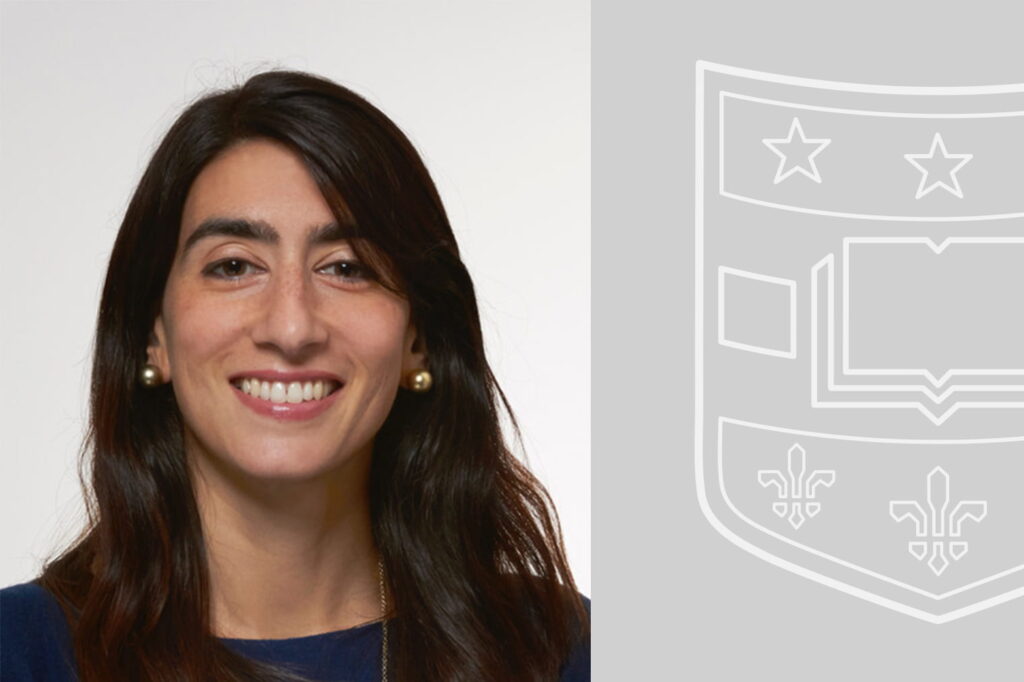The International Narcotics Research Conference (INRC), the annual meeting for researchers and clinicians working in the opioid field, will honor Ream Al-Hasani, PhD, with the INRC Young Investigator Award at the upcoming 51st Annual INRC symposium on July 6, 2020, in Valencia, Spain.
The annual meeting is known to attract internationally-renowned scientists from different specialties who regularly present ground-breaking research and identify innovative mechanisms and therapeutic strategies for the treatment of addiction, chronic pain, and mood disorders. A fundamental philosophy of the INRC community is to engage trainees and highlight their contribution as young scientists.
“I am honored to receive this recognition and would like to thank my colleagues from the INRC organization,” said Dr. Al-Hasani.
“I first attended this meeting as a graduate student in 2007, and the INRC has since significantly contributed towards my career. I have met so many of my mentors and colleagues through this organization.”
Dr. Al-Hasani is an Assistant Professor at the Center for Clinical Pharmacology with appointments in the Department of Pharmaceutical and Administrative Sciences at the St. Louis College of Pharmacy and the Department of Anesthesiology at Washington University in St. Louis.
She completed her post-doctoral training in the Department of Anesthesiology at Washington University in St. Louis where she focused on dissecting the role of the opioid circuitry in motivated behaviors. Her work provided new insight into how endogenous opioids interact with noradrenergic systems and has uncovered new roles for cue-induced reinstatement of morphine seeking behavior. Furthermore, using wireless optogenetics, in vivo neuropeptide detection, and neural circuit tracing, Dr. Al-Hasani identified two distinct subpopulations of dynorphinergic neurons within the nucleus accumbens that drive aversive and reward-related behaviors.
In her laboratory, Dr. Al-Hasani uses these multidisciplinary approaches to further our understanding of the negative affective behaviors associated with the withdrawal phase of addiction and the interaction of endogenous opioid systems with commonly prescribed opioid analgesics.
Join us in congratulating Dr. Al-Hasani on receiving this notable award.
